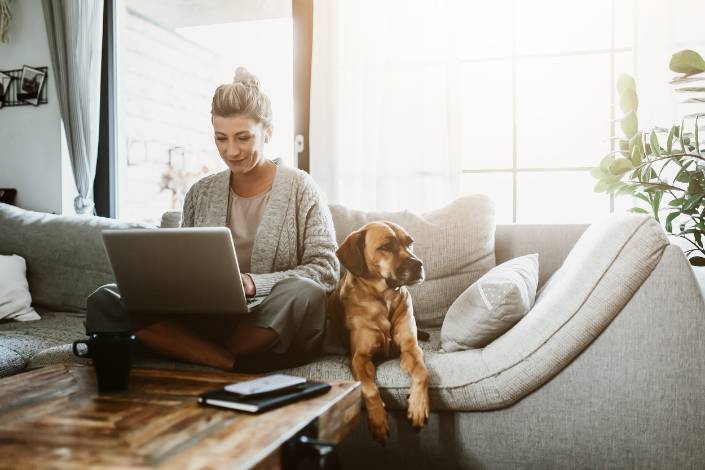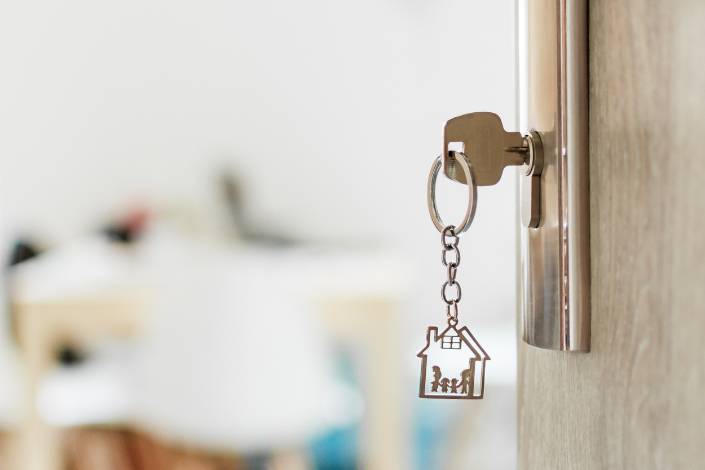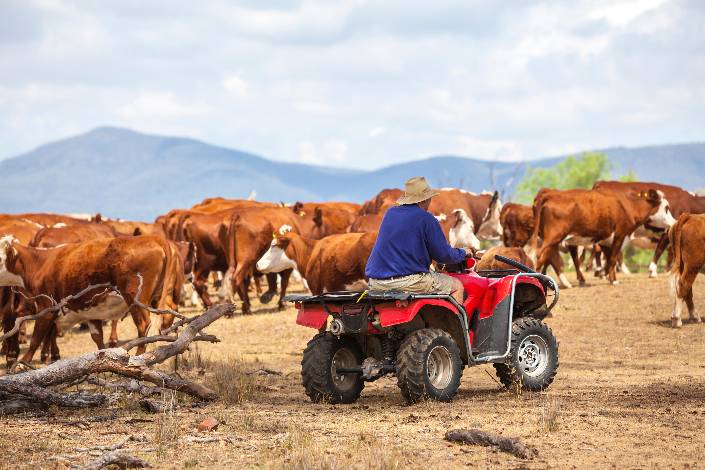
House sitting has grown to become a globally established form of caring for homes and pets, and depending on what country you’re based, there are different expectations for whether or not house sitters are paid.
First things first, there is no one correct way house sitting works. Everything is negotiable between the homeowner and sitter and every house sit is different. If you’re a homeowner looking at using a house sitter, here’s our guide for everything you need to know about who pays for what during a house sit.
The majority of house sitters in Australia won’t expect payment to house sit. Instead, it’s typically accepted as a direct exchange of free house and pet care in return for free accommodation. Even though most of our house sitters choose to sit for free, Aussie House Sitters does allow sitters to charge for their services however, this must be clearly stipulated in their profile so there are no surprises for the homeowner.
In most cases, the owner is usually happy to cover the utility expenses in exchange for the sitter taking care of their home and pets. On longer term sits, for example 6 weeks or more, it’s not unusual for the house sitter to contribute to utility costs such as heating, cooling, electricity and possibly internet use. This could depend on the amount of house sitting duties the sitter is required to undertake and should be negotiated and agreed to in writing.
As each house sit is unique, it’s up to both the owner and sitter to negotiate the payment (or non- payment) of utilities and other expenses before the sit begins. It’s important that both the owner and sitter are clear and open about what has been agreed to and that it is documented in writing to avoid any confusion.
Aussie House Sitters has a house sitting agreement template that can be used to formalise this agreement in writing.
It’s standard house sitting practice for the sitter to buy their own food and other personal items used. Some homeowners are fine for the house sitter to use things from their pantry cupboard or fridge (usually disposables and condiments), but this permission should be stipulated clearly and include expectations of whether items should be replaced.

All pet and house supplies (such as pet food, lawnmower fuel, firewood, pool chemicals, etc.) are covered by the homeowner. Depending on the duration of the house sit, how many pets there are, the season etc., the homeowner will need to make sure they leave plenty of supplies to last the entire length of the sit.
If the house sitter accidently breaks or damages something, it’s generally expected that they replace it. If an item breaks during normal use, such as if it was old or weakened from typical wear and tear over time, they wouldn’t usually be expected to replace this. The house sitter is expected to inform the homeowner if anything has been broken or damaged during the house sit.
Any breakages are usually dealt with easily by using a common-sense approach.
House sitters are normally responsible for their own transport costs to get to and from the house sit.
If the house sitter is asked to do any caretaking duties, such as coordinating Airbnb cleaning or greeting guests, the homeowner is expected to pay the house sitter for these responsibilities. Again, this must be prearranged and documented before the house sit commences.

In some circumstances, a homeowner might consider paying a house sitter or contributing to their expenses. Here are a few examples:

Engaging a house sitter is a wonderful way for your home and pets to be cared for while you are away. By using an Aussie House Sitter, not only will you save money on pet motels, you also have the added peace of mind from knowing your home is secure and your pets are loved by like-minded people, just as you do.
If you’re looking for a house sitter, why not register as a homeowner today and find a caring, trustworthy house sitter from our pet-loving community.
I've had more than 5 happy years house sitting with your site, and have recommended countless people there as sitters and owners. Thanks so much for a great site. I'll continue recommending you. Anna R.
COPYRIGHT © AUSSIE HOUSE SITTERS 2004 - 2024
Use of this website indicates that you have read and accept the Website Terms of Use